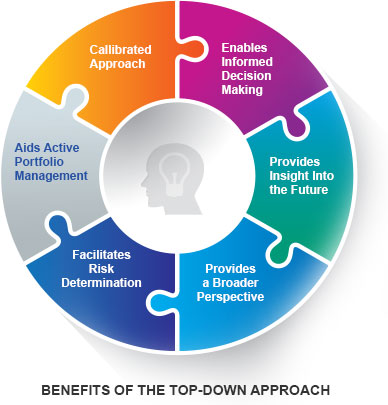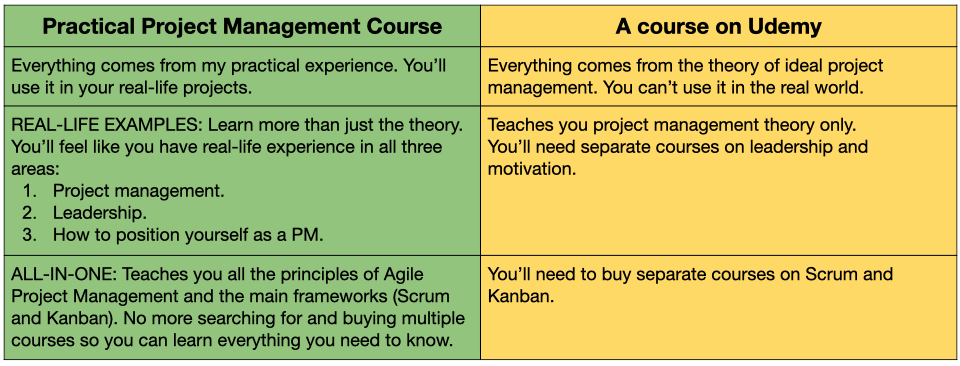
Learn how to become a good manager if you want to be an HR manager. Anyone who has worked in HR knows that strong relationships between employees and employers are key to success. This is why it's important to be able to handle employee concerns, manage benefits and resolve conflict. It's crucial that you can advocate for the employer's interest, especially when conflicts arise.
Career path
The responsibilities of being an HR manager include many. The majority of this job requires some education as well as experience. A typical professional starts their career in an administrative field before moving on to human resources. A business degree is an excellent foundation for a career in human resources, and business professionals who have pursued HR education can expect to be in high demand. People who majored in math and science can also find employment as compensation and employee benefits specialists. For example, teachers can find work as training and developmental specialists. Graduates of law schools can also find work in labor relations.
Once an HR manager has the experience necessary, they can go on to a better position. Sometimes this career path can happen naturally within an organization. An HR specialist could be promoted and then apply for a management job. Another option is for an HR specialist to move from HR specialist and manager through voluntary certification, or a master's program in human resources.

Education Required
An advanced degree (in human resources) is not required for employment in this industry. However, it can improve your skills and help advance in the field. An MBA is also an option. A Master of Science in Human Resources Management is the best aligned degree. Apart from enhancing your knowledge, a graduate certificate in HR will give you the critical thinking and leadership skills necessary to succeed in your role.
Professionals interested to a career in Human Resources Management can get a SHRM Certified Professional (SHRP), credential. This credential requires at least a bachelor's degree in HR, and usually two years of relevant experience. A master's degree is required and you must have at least four years of work experience.
Experience required
You need to have both education and experience in order to be a successful HR manager. For most jobs, you will need a bachelor’s degree or a master's in human resources management. You can either get your degree from a more traditional university, like Rowan University, or go online and pursue a career managing human resources. An internship can help you increase your job opportunities. New graduates can work in HR departments, as well as being HR specialists or assistants.
Experience in the field is essential to being a successful HR manger. A SHRM-certified professional certification is also required. The certification in human resources can help you boost your resume, and increase your chances to land a job.

Benefits of HR management
A wide range of career opportunities are available for those interested in a career within human resources. Large companies need HR managers. The Bureau of Labor Statistics predicts that the market for human resources managers will grow by 9% in the next decade. This field is not for everyone. However, entry-level positions can be very rewarding.
A HR manager is a position that requires a high level of responsibility, more money and a voice in shaping the company's future. You also have the benefit of flexibility. Human resource managers are able to enjoy a healthy work-life balance, as they can interact with colleagues from different branches of the company.
FAQ
What is the role of a manager in a company?
The role of a manager varies from one industry to another.
A manager generally manages the day to-day operations in a company.
He/she ensures that the company meets its financial obligations and produces goods or services that customers want.
He/she will ensure that employees follow all rules and regulations, and adhere to quality standards.
He/she plans new products and services and oversees marketing campaigns.
What does "project management" mean?
We mean managing the activities involved in carrying out a project.
This includes defining the scope, identifying the requirements and preparing the budget. We also organize the project team, schedule the work, monitor progress, evaluate results, and close the project.
What is TQM exactly?
The industrial revolution saw the realization that prices alone were not sufficient to sustain manufacturing companies. This led to the birth of quality. They needed to improve quality and efficiency if they were going to remain competitive.
Management responded to the need to improve, and developed Total Quality Management (TQM). This focused on improving every aspect of an organization’s performance. It included continuous improvement, employee involvement and customer satisfaction.
How do you manage your employees effectively?
Managing employees effectively means ensuring that they are happy and productive.
This also involves setting clear expectations and monitoring their performance.
To do this successfully, managers need to set clear goals for themselves and for their teams.
They must communicate clearly with their staff. And they need to ensure that they reward good performance and discipline poor performers.
They also need to keep records of their team's activities. These include:
-
What did you accomplish?
-
How much work was put in?
-
Who did it and why?
-
Was it done?
-
Why was it done?
This data can be used to evaluate and monitor performance.
How does a manager develop his/her management skills?
It is important to have good management skills.
Managers should monitor the performance and progress of their subordinates.
You must quickly take action if your subordinate fails to perform.
It is essential to know what areas need to be improved and how to do it.
What are the steps involved in making a decision in management?
The decision-making process of managers is complicated and multifaceted. This involves many factors including analysis, strategy and planning, implementation, measurement and evaluation, feedback, feedback, and others.
It is important to remember that people are human beings, just like you. They make mistakes. There is always room to improve, especially if your first priority is to yourself.
This video will explain how decision-making works in Management. We discuss the different types of decisions and why they are important, every manager should know how to navigate them. The following topics will be covered.
What is the difference in a project and program?
A project is temporary; a program is permanent.
Projects usually have a goal and a deadline.
It is often done in a team that reports to another.
A program usually has a set of goals and objectives.
It is usually implemented by a single person.
Statistics
- As of 2020, personal bankers or tellers make an average of $32,620 per year, according to the BLS. (wgu.edu)
- The profession is expected to grow 7% by 2028, a bit faster than the national average. (wgu.edu)
- UpCounsel accepts only the top 5 percent of lawyers on its site. (upcounsel.com)
- Hire the top business lawyers and save up to 60% on legal fees (upcounsel.com)
- The BLS says that financial services jobs like banking are expected to grow 4% by 2030, about as fast as the national average. (wgu.edu)
External Links
How To
What are the 5S for the workplace?
Your first step in making your workplace more efficient and productive is to organize everything. A tidy desk, a clean room and a well-organized workspace will help everyone be more productive. To ensure space is efficiently used, the five S's (Sort Shine, Sweep Separate, Store and Separate) are all essential. This session will take you through each step and show you how they can fit into any environment.
-
Sort. You can get rid of all papers and clutter, so you don’t waste time looking for what you need. You should place things where you are most likely to use them. If you frequently refer back to something, put it near the place where you look up information or do research. Also, consider whether you really need it. If it isn't useful, get rid!
-
Shine. Don't leave anything that could damage or cause harm to others. You might have many pens and need to put them away. A pen holder is a great investment as you won't lose your pens.
-
Sweep. You should clean your surfaces often to prevent dirt and grime from building up. You may want to invest in some dusting equipment to ensure that all surfaces are as clean as possible. To keep your workspace tidy, you could even designate a particular area for dusting and cleaning.
-
Separate. Separating your trash into different bins will save you time when you need to dispose of it. You can dispose of your garbage easily by placing trash cans strategically around the office. You can take advantage of this location and place trash bags near each bin to make it easy to find what you are looking for.